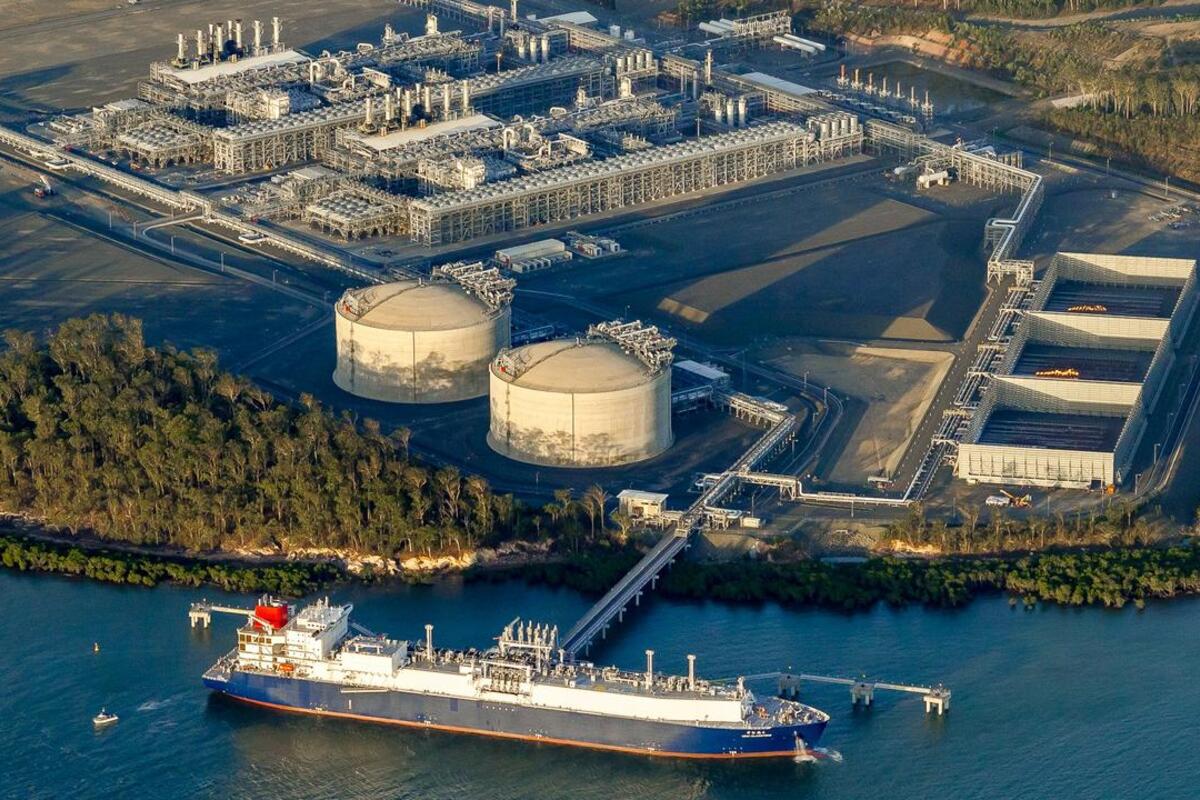Domestic price controls on coal and gas were implemented in Australia for a year after the governing Labor Party declared that the Greens would endorse the measure in exchange for subsidies to assist electrification. Minister Chris Bowen stated that the government had the votes to enact its energy price control policy if an agreement with the Greens was reached.
The federal government has agreed to collaborate with the Greens to establish policies to assist families and companies in making the switch from gas to electricity. Bowen stated that the “significant package” will be created ahead of the May plan and that the CEFC and the AREA would play a part.
The decision to regulate gas and coal prices emerges as energy prices skyrocket, owing partly to Russia’s conflict with Ukraine, which has resulted in bountiful profits for mining communities and gas producers.

Domestic gas prices are capped by legislation at 12 AUD per gigajoule. It also caps domestic coal pricing in New South Wales and Queensland, which have the main chunk of the nation’s total recognized coal reserves, at 125 AUD per metric ton.
After the price cap ends, the Act will also include provisions allowing for new regulations dictating a “fair price” for gas shipments to domestic consumers.
Energy prices in Australia have risen this year, as they have in many other countries. According to the ACCC, the average residential customer is already paying nearly $300 more per year for power than they will in 2021, a 23% rise.
There are concerns that this will continue to rise. Domestic power rates were set to soar 36% in the following fiscal year if no action was taken, and commercial gas prices were expected to jump 20%, according to the ruling Labor party.
